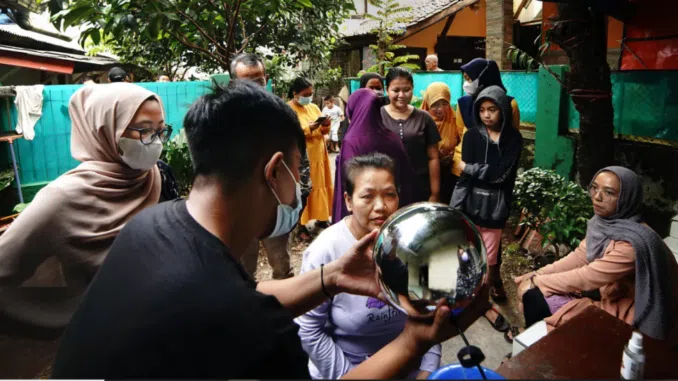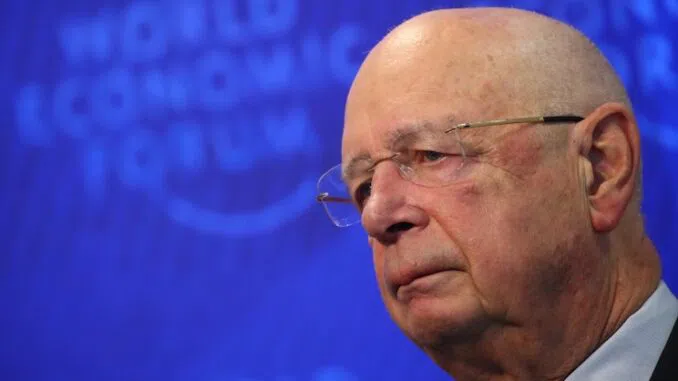Introduction to WHO's Pandemic Treaty
The World Health Organization (WHO) has been at the forefront of global health governance, particularly in response to pandemics. The WHO’s proposed pandemic treaty has garnered significant attention and speculation. Understanding its purpose, implications, and the truth behind various claims is crucial for an informed discussion.
What is the WHO’s Pandemic Treaty?
The WHO’s pandemic treaty aims to enhance global preparedness and response to future pandemics. The treaty focuses on international cooperation, equitable access to medical resources, and strengthening healthcare systems worldwide. Its primary objectives include:
- Enhancing Global Surveillance: Establishing a robust global surveillance system to detect and respond to health threats promptly.
- Equitable Distribution of Resources: Ensuring fair access to vaccines, medicines, and other healthcare resources.
- Strengthening National Health Systems: Building resilient healthcare systems capable of managing public health crises.
- Promoting Transparency and Accountability: Encouraging transparent sharing of information and accountability among nations.
Key Components of the Pandemic Treaty
Global Surveillance and Early Warning Systems
The treaty emphasizes the development of a comprehensive global surveillance system. This includes real-time data sharing, enhanced laboratory capacity, and the integration of digital health technologies. Early detection and rapid response are critical to mitigating the impact of pandemics.
Equitable Access to Medical Resources
One of the treaty’s cornerstones is ensuring that all countries, regardless of economic status, have access to necessary medical resources. This involves establishing mechanisms for equitable distribution of vaccines, therapeutics, and diagnostics.
Strengthening Health Systems
The treaty advocates for significant investments in national health systems to improve their capacity to handle pandemics. This includes increasing healthcare workforce, improving infrastructure, and enhancing public health education.
Transparency and Accountability
Transparency in reporting health data and accountability in implementing public health measures are pivotal. The treaty proposes regular audits, peer reviews, and international cooperation to maintain high standards of public health governance.
Misconceptions and Clarifications
Misconception 1: Loss of National Sovereignty
A common concern is that the treaty will undermine national sovereignty. However, the treaty respects the sovereignty of member states while promoting collaborative efforts. Decisions will be made through consensus, ensuring that countries retain control over their health policies.
Misconception 2: Mandatory Health Measures
Some fear that the treaty will enforce mandatory health measures, infringing on personal freedoms. In reality, the treaty aims to provide guidelines and recommendations rather than impose mandates. Member states will have the autonomy to implement measures suited to their contexts.
Misconception 3: Financial Burdens
Concerns about financial burdens are also prevalent. The treaty proposes financial support mechanisms, including international funding and technical assistance, to help low and middle-income countries strengthen their health systems without disproportionate economic strain.
Benefits of the Pandemic Treaty
Enhanced Global Preparedness
By fostering international collaboration, the treaty enhances global preparedness for future pandemics. This collaborative approach ensures that no country is left behind, and collective efforts lead to more effective responses.
Fairness and Equity
The treaty’s focus on equitable access to medical resources addresses the disparities observed during the COVID-19 pandemic. It promotes fairness and equity, ensuring that all nations can protect their populations.
Stronger Health Infrastructure
Investing in health infrastructure as outlined in the treaty will lead to stronger, more resilient health systems. This not only prepares countries for pandemics but also improves overall public health outcomes.
Free Speech and Alternative Media are under attack by the Deep State. Chris Wick News needs your support to survive.
Please Contribute via GoGetFunding



